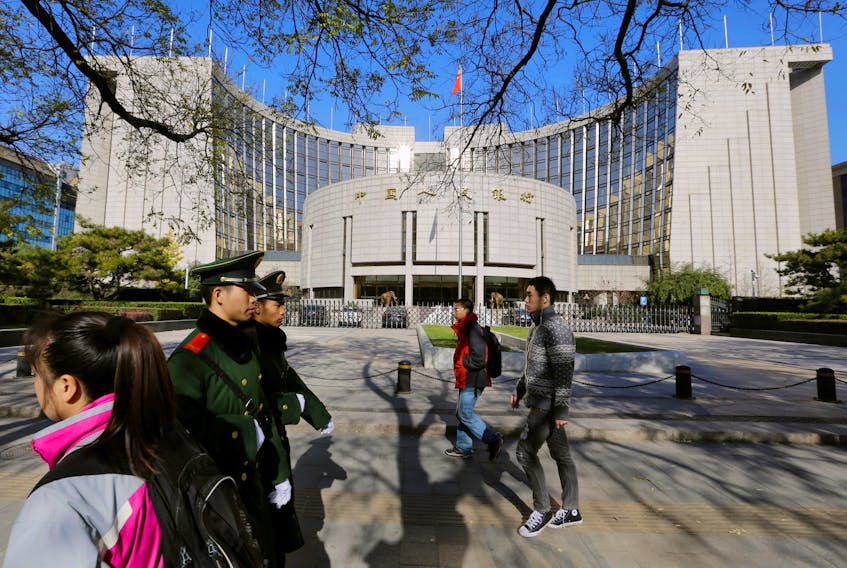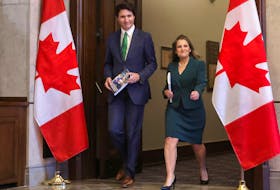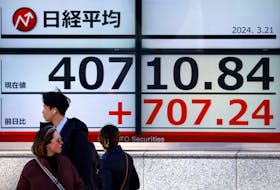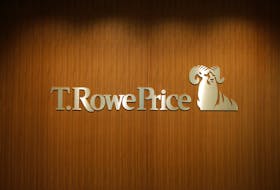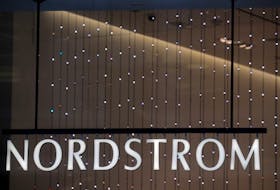SHANGHAI/BEIJING (Reuters) - China is expected to adjust money and credit supply in coming weeks, including cuts to interest rates or reserve ratio requirements, to counter "downside risks" if trade tensions escalate further, China Daily said, citing economists.
Stronger measures are required to maintain liquidity in the financial market and support infrastructure investment, the state-controlled newspaper said.
China's broad money supply and new yuan loans grew more slowly than expected in May, official data on Wednesday showed, giving authorities room move on policy if desired.
Consumer inflation also remained moderate last month, quickening to 2.7%, below the annual official target of around 3%.
PBOC chief Yi Gang said last week that there was "tremendous" room to make policy adjustments if the China-U.S. trade war worsens.
"We have plenty of room in interest rates, we have plenty of room in required reserve ratio rate, and also for the fiscal, monetary policy toolkit, I think the room for adjustment is tremendous," Yi said.
Last month, the PBOC stepped up efforts to increase loan growth and business activity, announcing a three-phase cut in regional banks' reserve requirements to reduce financing costs for small and private companies.
It has now delivered six RRR cuts since early 2018.
But the central bank remains reluctant to lower benchmark interest rates on concerns it could risk adding to a mountain of debt and pressure the Chinese yuan, according to analysts, who say adjustments in market interest rates would be considered first.
Citing experts, China Daily said financial institutions were facing tighter liquidity in June, with authorities requiring a higher credit expansion rate in order to meet economic growth targets and issue more bonds to finance new infrastructure.
Further cuts in banks' reserve requirements are expected this year, especially after an escalation in the U.S.-China trade war last month, when both sides hiked tariffs on each other's goods and Washington threatened more.
U.S. President Donald Trump on Wednesday declined to set a deadline for levying tariffs on another $325 billion of Chinese goods and called the relationship with Beijing good but "testy".
Trump, who said he still plans to meet with Chinese President Xi Jinping at a G20 summit later this month, has repeatedly threatened to escalate a months-long trade war by putting tariffs on nearly all of the remaining Chinese imports not already affected by U.S. levies, including products such as cell phones, computers and clothing.
Trump has said previously that he would decide after the G20 meeting in Japan at the end of June whether to carry out his threat.
(Reporting by David Stanway in SHANGHAI and Ryan Woo in BEIJING; Editing by Shri Navaratnam)

